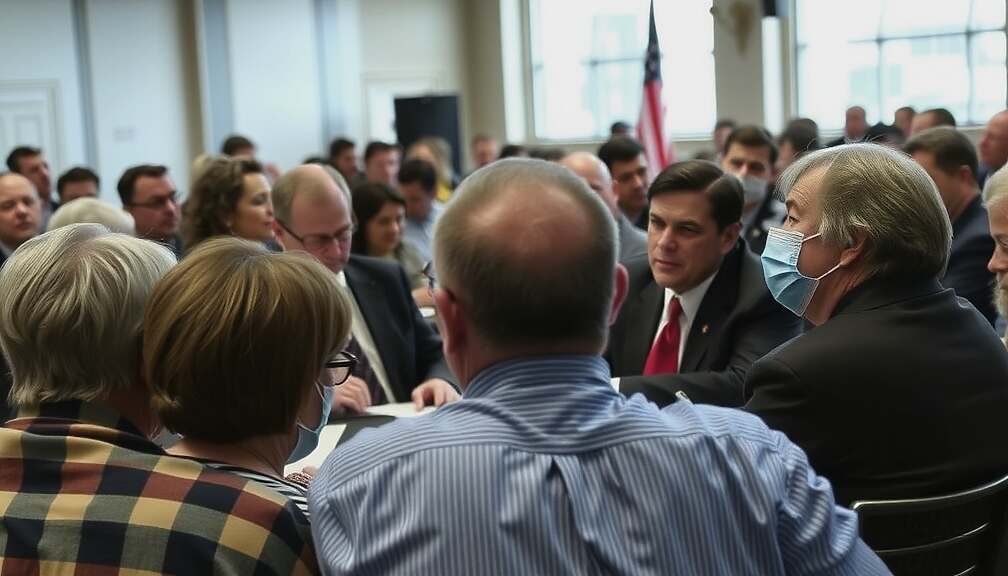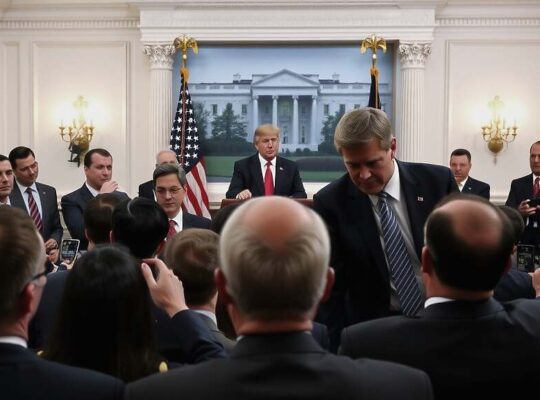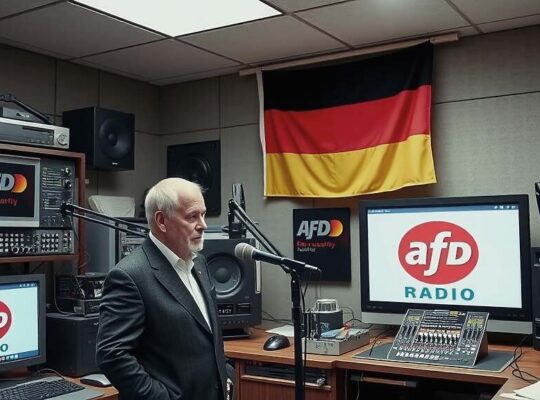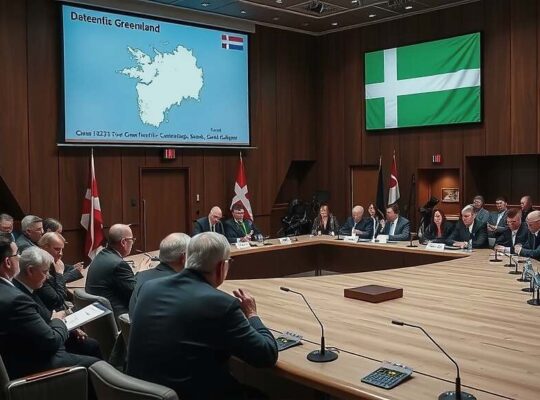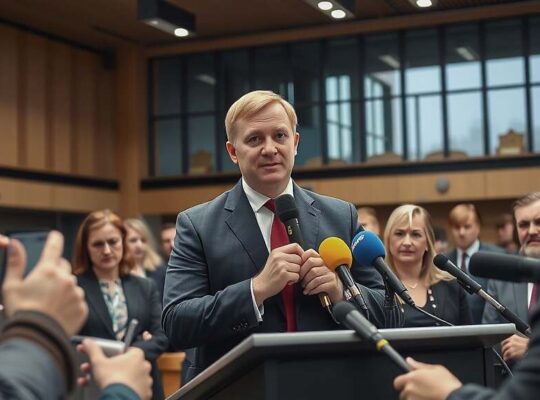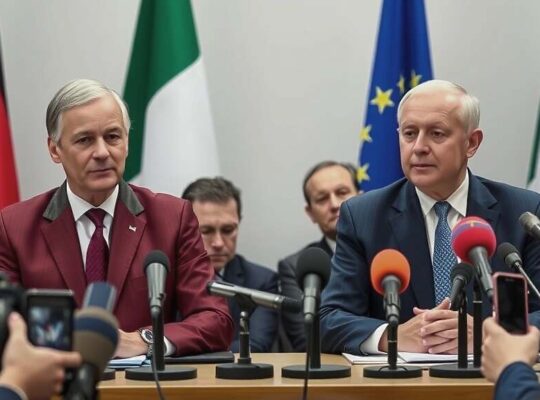The rhetoric surrounding potential alliances within German politics is intensifying, with Alternative for Germany (AfD) leadership asserting that a shift away from the established political order is inevitable and that the Christian Democratic Union (CDU) and its Bavarian sister party, the CSU, will eventually seek cooperation.
AfD co-chair Alice Weidel, in an interview with “Der Stern”, suggested a strategic re-evaluation is brewing within the CDU, particularly following the brief leadership of Friedrich Merz. She characterized the CDU as currently “in a dead end” trapped by a rigid refusal to engage with the AfD, which forces them into coalitions with the Green Party, SPD and the Left, united primarily by their shared opposition to the AfD’s ascent. Weidel believes this reliance on left-wing partners offers no viable long-term solution. “Sooner or later, the CDU will recognize that the current path makes no sense” she stated.
This sentiment is echoed by Leif-Erik Holm, AfD’s designated lead candidate for the upcoming Mecklenburg-Vorpommern state election. Dismissing the “firewall” rhetoric-the CDU’s long-standing pledge to exclude the AfD from government-as mere “folklore” Holm anticipates a change in posture from the Union.
However, the prospect of imminent CDU alignment remains contested within the AfD itself. Ulrich Siegmund, the party’s lead candidate in Saxony-Anhalt, expressed skepticism about a cooperation agreement as early as next year. Siegmund attributes this reluctance to the steadfast commitment of Saxony-Anhalt’s Minister-President, Reiner Haseloff, who he claims is deliberately maintaining the “firewall”. He further alleges that the designated CDU lead candidate in Saxony-Anhalt, Sven Schulze, would prefer to govern alongside the Left party, a move Siegmund warns would be catastrophic for the CDU’s credibility – first within Saxony-Anhalt and subsequently at the national level.
The diverging views within the AfD highlight the complex internal dynamics at play as the party continues to pursue its broader political strategy, attempting to exploit vulnerabilities within the traditional political landscape and increasingly pushing the boundaries of acceptable coalition partners. The coming state elections in Mecklenburg-Vorpommern and Saxony-Anhalt will serve as crucial testing grounds for both parties, potentially signaling a significant realignment of German politics.


